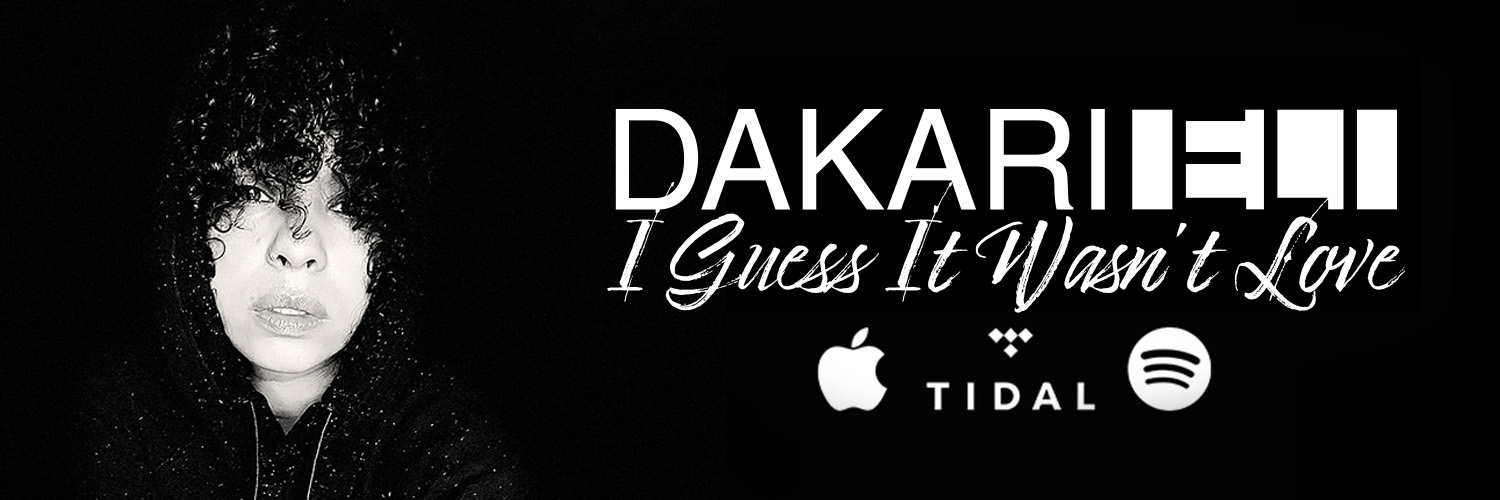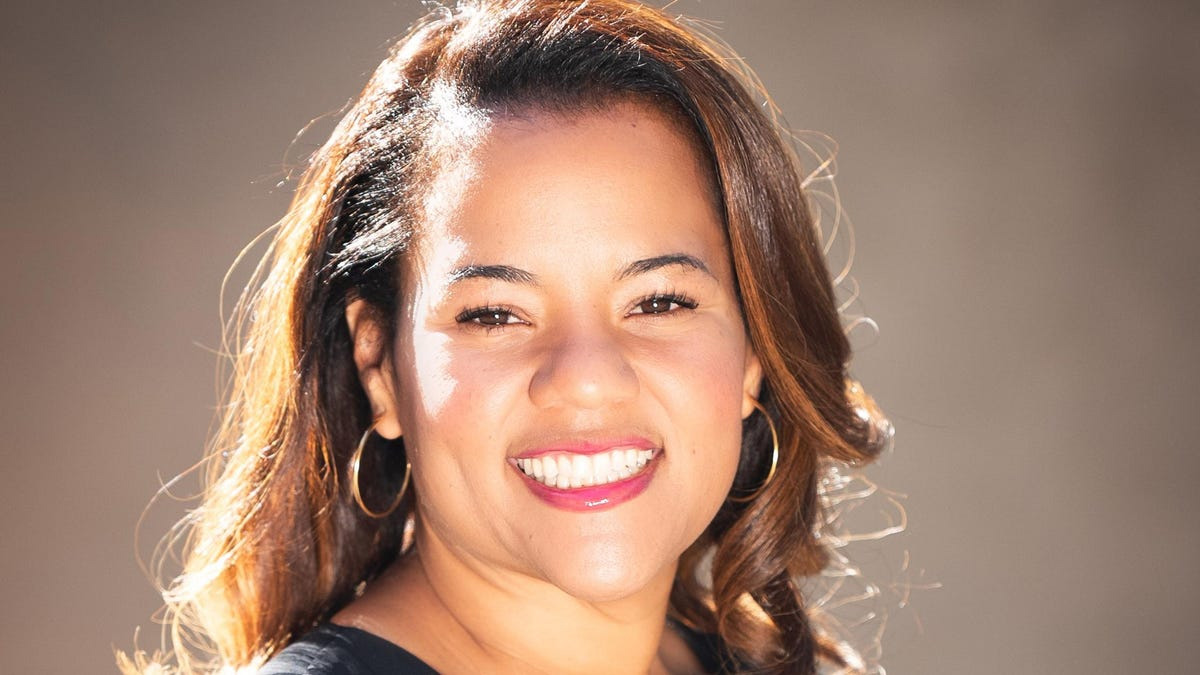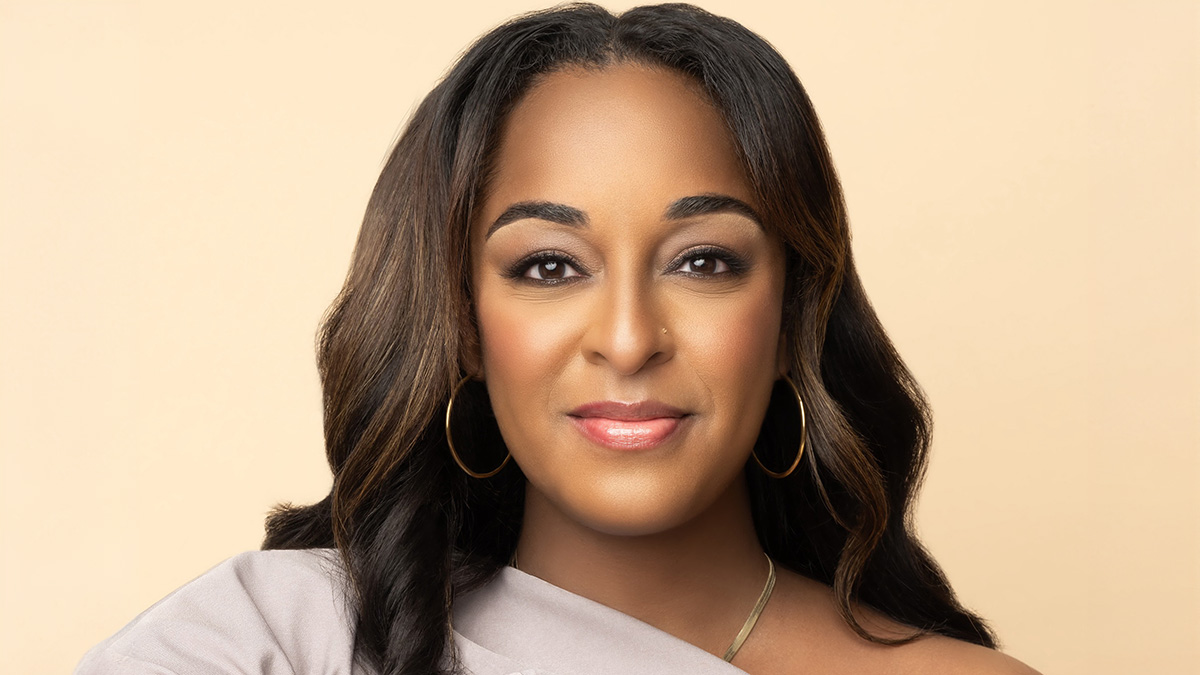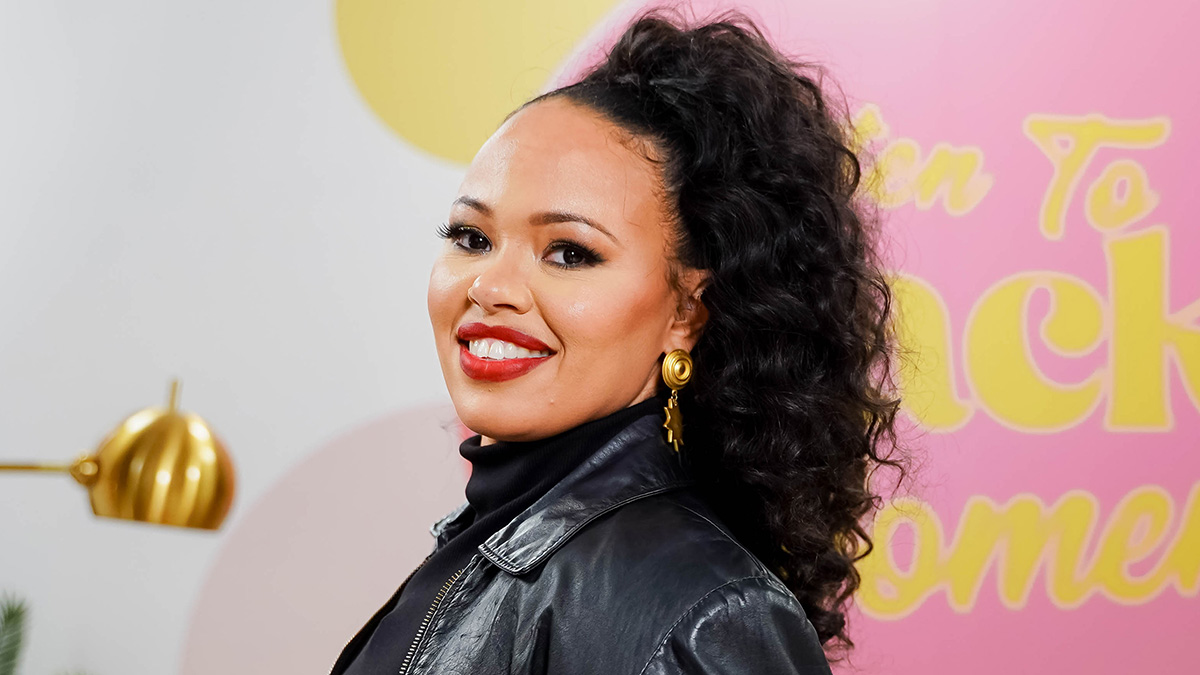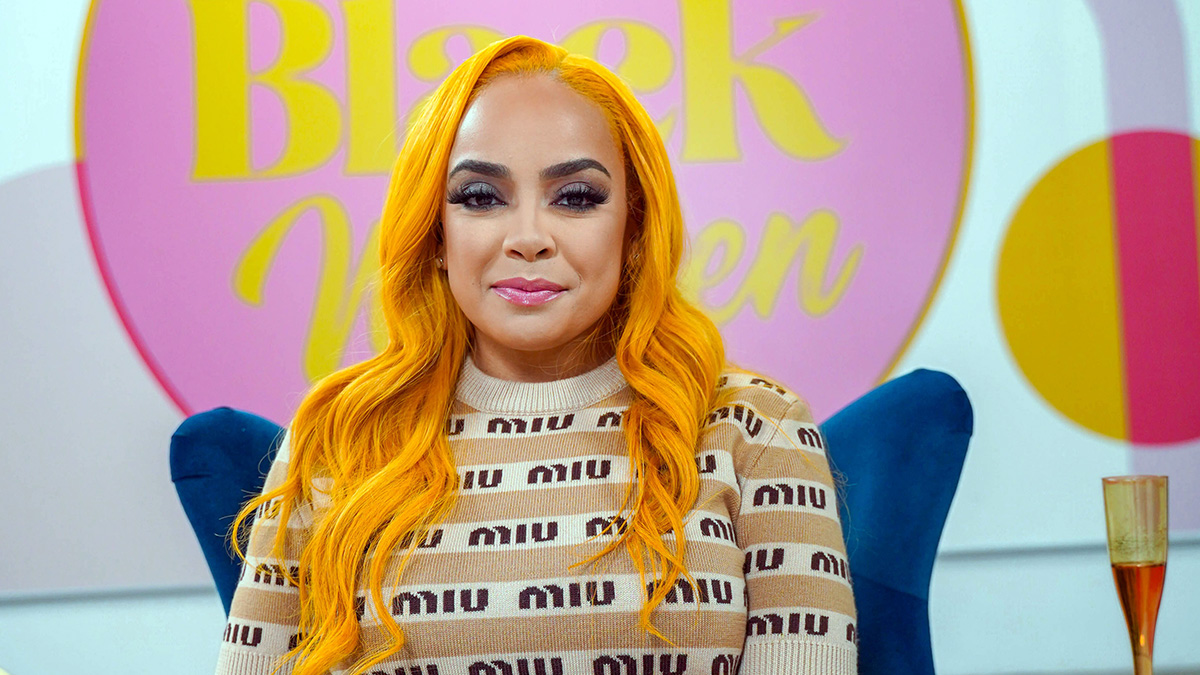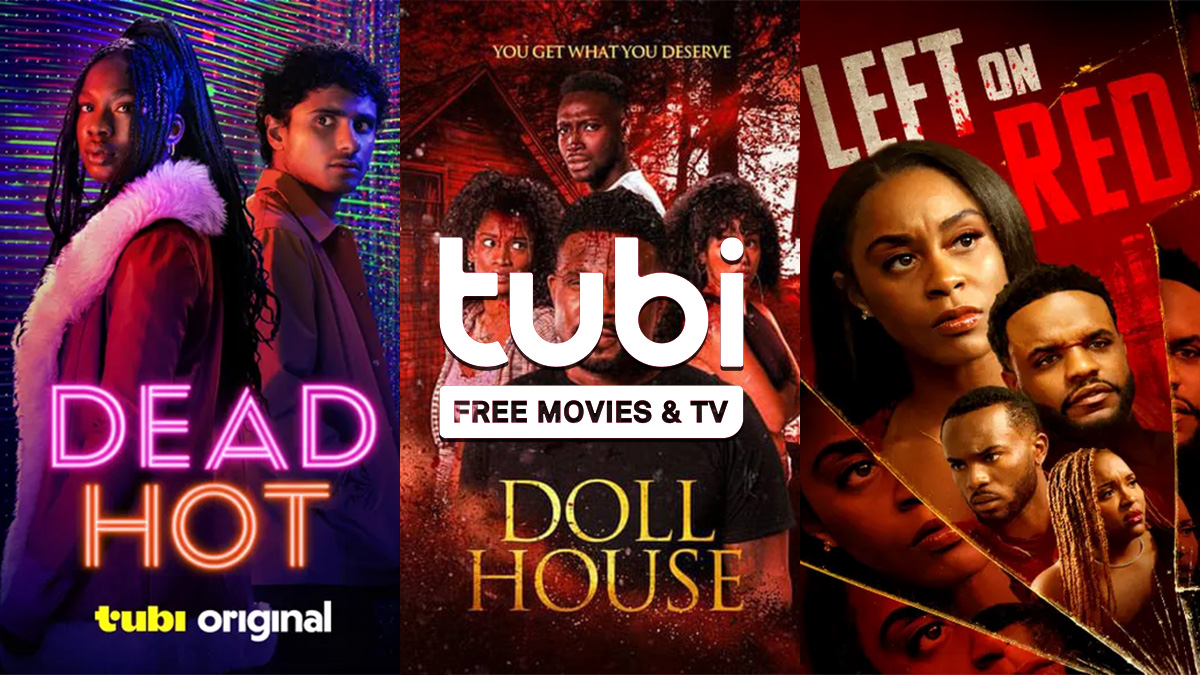In her efforts to better the world, activist/entrepreneur Phaedra Ellis-Lamkins co-founded Promise Pay, an initiative that assists those in need to rise above their circumstances to pursue happiness.
I appreciate all you have done for the culture. When did you begin to take interest in social issues and helping relieve people from debt?
I became interested in social justice very young. It was people who grew up without money and resources were treated differently. I think back as a child in school and there was one line for the kids who had free lunch and another line for those who paid, even then there was a status quo. It was very clear to me, and I didn’t want that for people. As soon as I left college, I entered the labor movement where I worked with farmers and homecare workers. There were people working hard who had multiple jobs but didn’t have the means to achieve the American dream. For me, real integrity is finding your purpose and my purpose in life is working for justice for others. That’s when I feel most aligned. That’s when I feel most true.
What are some of the ways that Promise helps Americans fight their way out of poverty?
We do two things, first, we help get money as quickly and easily as possible. For example, if you need help with your water bill, in some places where we don’t work, you need to provide copies of your taxes and you have to go into an office. Where we work, we send a text, you respond to three questions, and you get immediate aid. We make it as easy as possible for people to get the aid they already qualify for.
The second thing we do is zero-interest payment plans for government debt. The reason that is important is that if you have money, you can buy a peloton interest-free and pay for it whenever you want. If you don’t have money and can’t pay your water bill, they shut it off and you still have to pay. What our product does is allow you to keep your water, and you won’t have to pay interest on your debt. You can also pay through services like Venmo and Cash App. We assume that they want to pay their bills while treating them with the respect and dignity they deserve.
That’s great because a lot of companies resort to predatorial means so that they can profit from the pain of others. Not only were you able to secure funding, but you required investors to become partners in your overall mission. How difficult was that?
It was not difficult to raise money. I think what was difficult was finding investors who shared our mission. We wanted to make money, but we don’t want to do it on the backs of people who need our services. Some potential investors might say you should become a lending company and charge people very high-interest rates. It was important to find investors who believed in what we believe in. It wasn’t hard to find investors. It was much harder finding investors who shared our commitment to building products that we could be proud to offer.
You have created a great pathway for others to follow. What would you say has been the most crucial thing you have learned throughout your journey?
The most important lesson that I have learned is to have people that you love and trust so that when other people don’t believe in what you’re doing, you remain still rooted in love. It’s hard to make change. People resist and will mock you. So, it’s important to have inner faith and family to help you stay centered. It’s been pivotal for me.
During a recent interview, you spoke about overcoming the fear of failure. Share with us the first step in doing so.
I think I had the fear of failure because there are not a lot of Black women who have raised this amount of capital while working to build products for our people. I felt if I didn’t succeed, there wouldn’t be the same opportunities for people to come after me or people willing to invest in solving problems for Black and brown people. I had a fear of failing because I didn’t want to jeopardize other people getting the same prospects. The way that I dealt with that was through failing. It has been helpful (laughing). I had to remind myself that a lot of my peers who started companies had successful parents who taught them if you fail, you just start over again. The thing that helped is rooting myself in the belief that failure is a part of success.
Growing up as a person of color, no one teaches us that failure is good because the consequences are really severe. However, it’s an especially important lesson to learn. As a parent, I now teach it to my kids.
You generously spend a great amount of your time empowering others, especially women of color. Do you feel that kind of sisterhood is more common today compared to earlier generations?
I saw a colleague write that another Black woman was kind to her, and it made her cry. I think that people, in these times especially, are in need of kindness, community, and support. I definitely think there is more belief these days that Black women can succeed. Times are hard right now, and a lot of people are struggling with mental health, so I think there is a deeper desire to connect and bond as we navigate this world together. I am happy to do my part.

